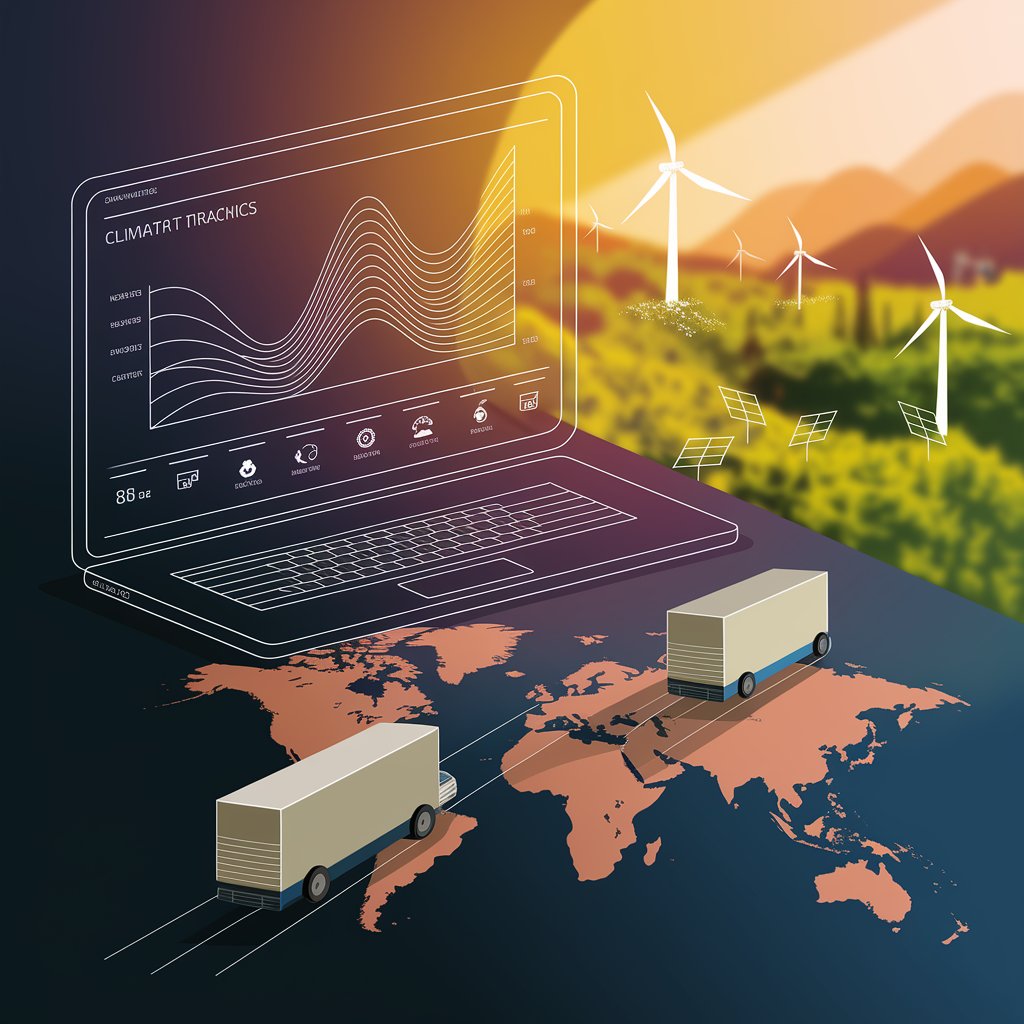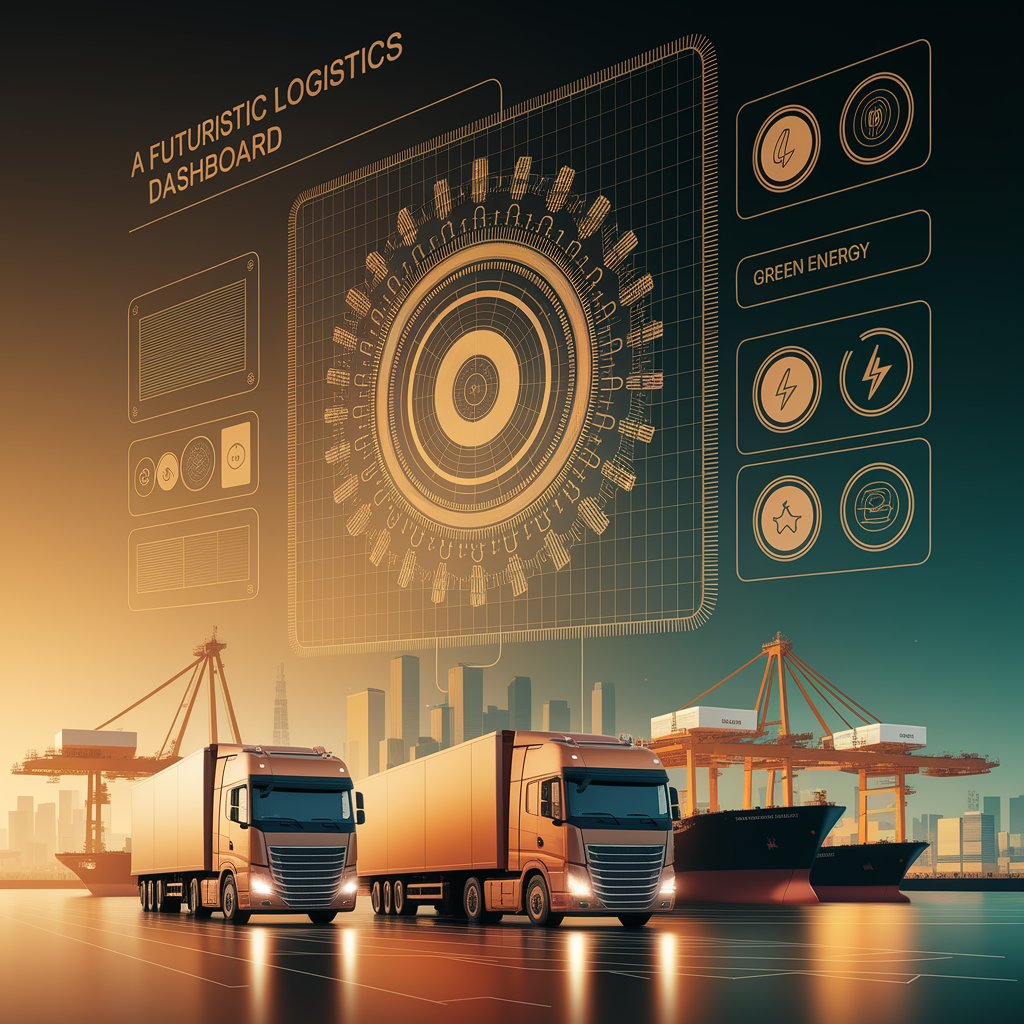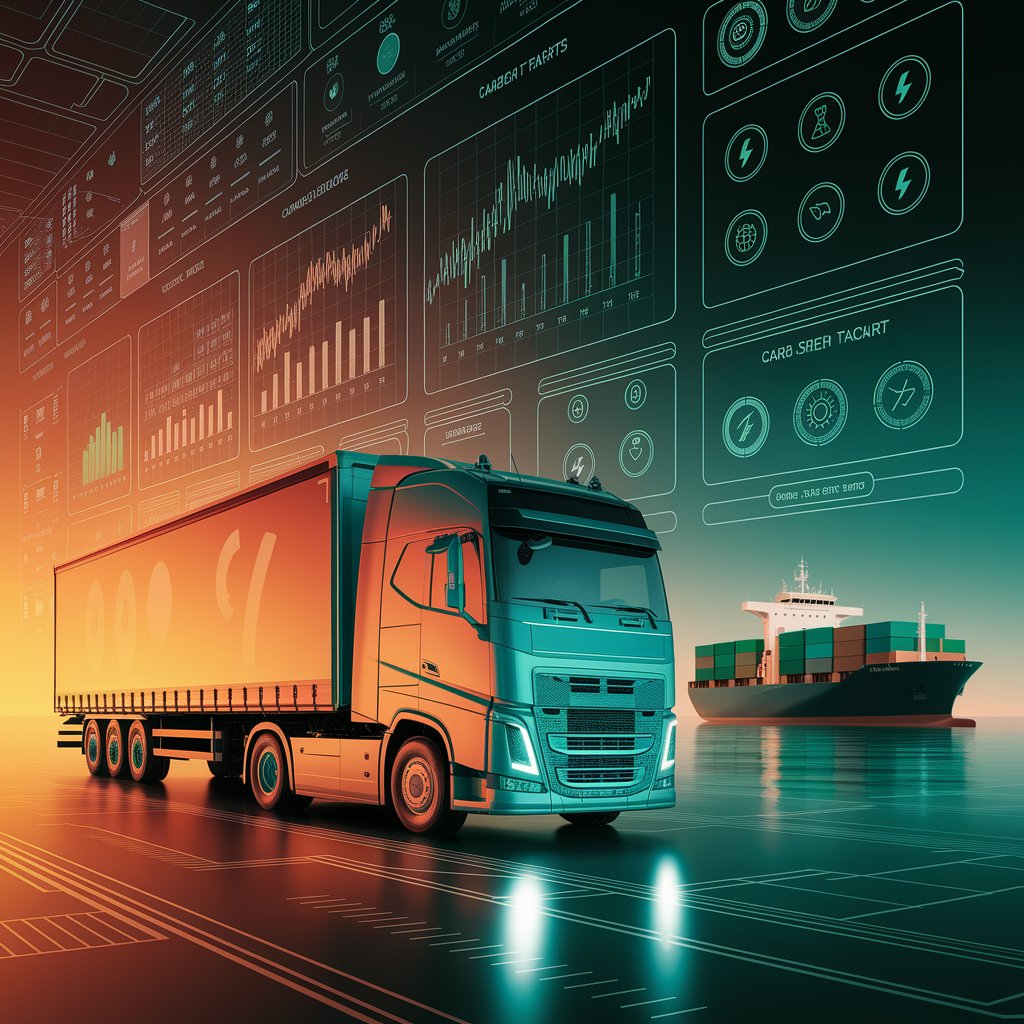Climate-Smart Logistics Software: Building a Sustainable Supply Chain

Introduction
This is where climate-smart logistics software becomes essential. By combining real-time data, AI-driven analytics, and automation, this type of software helps companies track carbon emissions, optimize routes, and build more sustainable supply chains.
What Is Climate-Smart Logistics Software?
Climate-smart logistics software is a digital solution that integrates sustainability into core logistics operations. It goes beyond traditional logistics management by embedding features to:
- Track emissions across transportation modes
- Optimize routes for fuel efficiency
- Support multimodal planning for greener alternatives
- Provide sustainability reporting and compliance documentation
- Enable carbon offset strategies

Key Features of Climate-Smart Logistics Software
- Carbon Tracking: Monitor CO₂ emissions for each shipment.
- Eco Route Optimization: Recommend routes with the lowest environmental impact.
- Sustainability Dashboards: Visualize performance with emissions KPIs.
- Compliance Support: Meet ISO, GLEC, and regional environmental standards.
- Offset Integration: Connect with carbon credits and offsetting programs.
Benefits for Logistics Providers
- Regulatory Compliance: Avoid fines and meet global green standards.
- Cost Savings: Reduce fuel usage through optimized routes.
- Customer Trust: Showcase eco-friendly practices to sustainability-focused clients.
- Competitive Advantage: Differentiate with climate-smart solutions.
- Long-Term Impact: Contribute to global carbon reduction goals.

Real-World Applications
- Freight Forwarders: Offer clients visibility into shipment emissions.
- Carriers: Optimize fleet performance for lower fuel consumption.
- Retail Supply Chains: Track and reduce environmental impact of product distribution.
- Cold Chain Logistics: Ensure eco-efficiency in temperature-controlled transport.
The Future of Climate-Smart Logistics
With AI, IoT, and blockchain integration, will evolve into predictive sustainability platforms. Future systems will not only monitor emissions but also forecast environmental risks, recommend greener suppliers, and automate compliance reporting.

Conclusion
Climate-smart logistics software is transforming supply chains into sustainable, future-ready networks. By combining emissions tracking, eco-optimization, and regulatory compliance, it helps logistics providers cut costs while meeting global sustainability goals. For companies aiming to stay competitive and responsible, adopting is the key to success.
